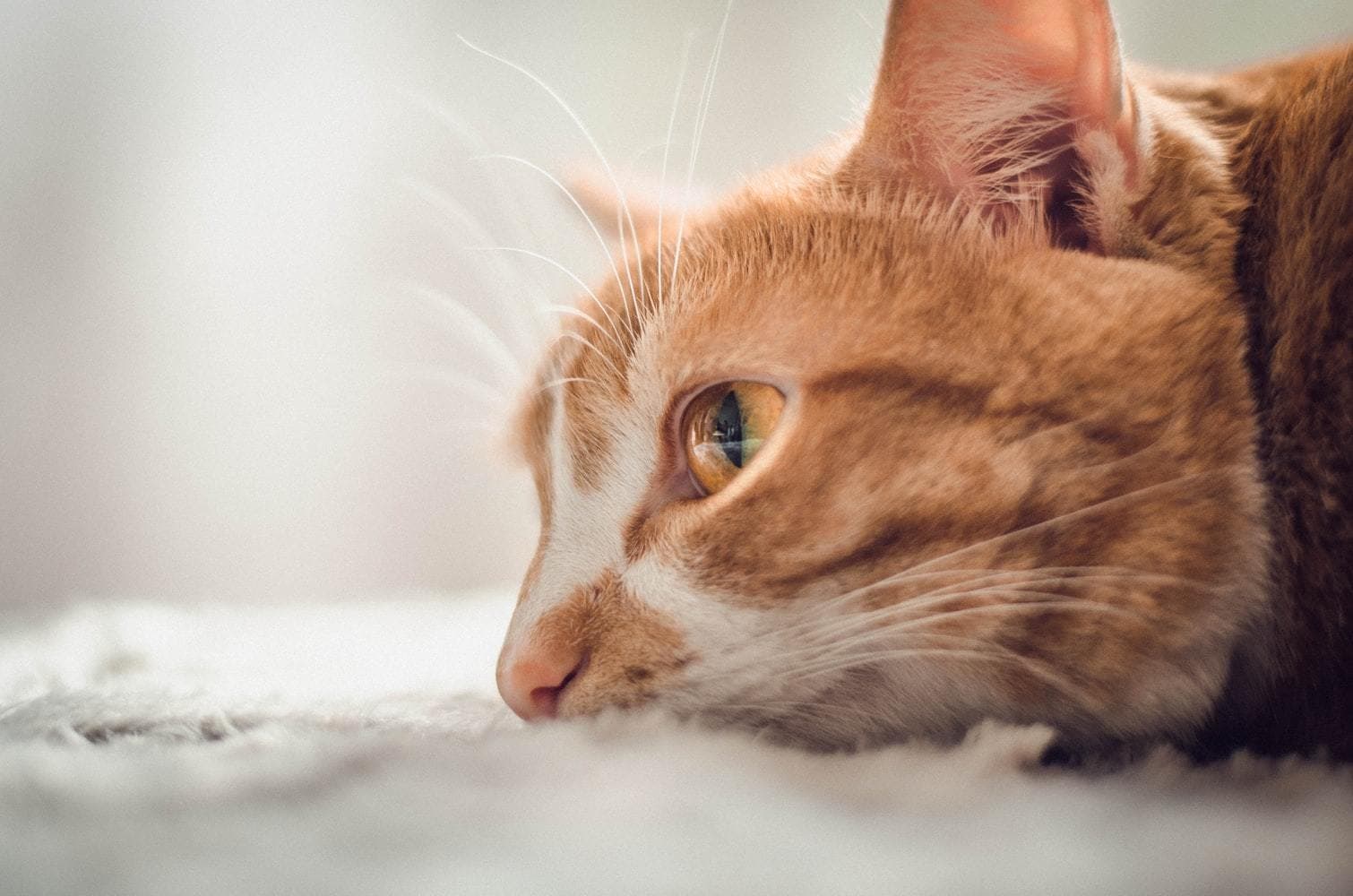Factor XII deficiency, also known as Hageman deficiency, is the most common congenital coagulopathy among cats. Although common among bleeding disorders, this condition is actually often asymptomatic.
Hageman deficiency is a blood clotting disorder characterized by deficiency in the coagulation factor XII. For more background information about blood coagulation as well as other haemophilia disorders, please read our blog Haemophilia in cats.
Background information
Hageman is an autosomal recessive trait. The trait has been described in humans, cats and dogs. All inherited coagulopathies are caused by mutations in genes coding for proteins involved in synthesis or processing of coagulation factors.
Hageman deficiency is an autosomal recessive disorder defined by the deficiency in coagulation factor XII. The trait is only expressed in homozygous for mutated FXII gene. This means that the cat needs to inherit a defective gene from both parents in order to be affected.
The disorder is caused by a single base deletion mutation in the factor XII gene. This gene is located on chromosome A1 and the consists of fourteen exons and thirteen introns. A single base deletion occurs in the 11th exon of the gene and causes premature truncation of the factor XII protein.

Factor XII is a plasma protein composed of 609 amino acids in cats. It is synthesized in the liver and circulates in the blood as an inactive precursor enzyme and contains two chains: a heavy chain and a light chain. This factor is involved in the clotting process and is thought to trigger the clotting cascade. It is first self-activated via the heavy chain to XIIa and then it further activates coagulation factor XI, which starts the coagulation cascade.
In the Hageman condition, due to the mutation affecting this protein, the in vitro activation of activated partial thromboplastin time (APTT) and activated clotting time (ACT) is prolonged. This means that the Hageman deficiency won’t cause in vivo bleeding, but it will only cause a prolonged clotting process.
This insistence pathway can be stimulated in other ways without the Hageman factor too. This is why it is thought that the Hageman factor may not be essential and explains why the condition usually remains asymptomatic and undetected.
“It (Hageman) has been reported in the DSH, DLH and other breeds including Siamese and Himalayan. Definitive diagnosis rests on the measurement of Factor XII activity. No treatment is required.” – Dr. Severine Tasker, Department of Clinical Veterinary Science, University of Bristol.
Symptoms and diagnosis
Hageman deficiency is often asymptomatic despite the prolongation of the clotting time. It does not express a bleeding tendency like it’s the case with other coagulation factor deficiencies. However, when the blood from the cat is subjected to a partial thromboplastin time tests (PTT) and serum prothrombin (PT) time tests, the samples will take abnormally long.
Factor XII deficiency is usually discovered accidentally through pre-operative blood tests that are required by hospitals.

Treatment
Unfortunately, there is no cure for cats with congenital haemophilia. Hageman deficiency usually does not require any treatment anyway. Only acquired FXII deficiencies need to be addressed in the way of fixing the underlying problem.
If excessive bleeding occurs, which is usually the case only in cats suffering from other haemophilias, the patients might require blood or plasma transfusions. Blood transfusions are conducted for the anemic cats and plasma transfusions for cats in need for replacement of the active coagulation factors. Vitamin K may also be prescribed.
Cats affected by any type of haemophilia are recommended to be kept inside and spay or neuter. Excessive activities and play should also be limited, as well as maintenance of oral hygiene and avoidance of certain medications.

We hope we could help you get a slightly better understanding of this feline coagulopathy. If you have any more questions about this condition, feel free to ask our team at meow@basepaws.com.




